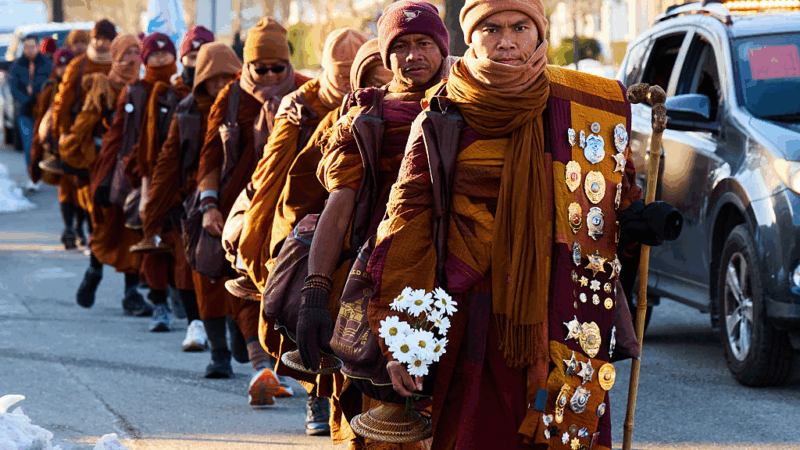Opinion: Remembering Sandra Grimes, mole hunter
Before Sandra Grimes became a mole hunter, she’d been ready to scale back. “I was not old enough at the time to retire,” Grimes said in an interview for the National Security Archive at George Washington University, “but I was satisfied professionally. I had a family that I wanted to spend more time with.”
It was 1991. Sandra Grimes had spent more than two decades with the CIA. But she agreed to stay on to help a colleague investigate why the agency’s informants in the Soviet Union had “gone dark,” as they say in spycraft, in 1985 and 1986. They learned they had been identified, interrogated, and often executed.
“It was a terrible, terrible reminder of the seriousness of what we did for a living,” Sandra Grimes said in that National Security Archive interview. “We owed all these people who had made the sacrifice.”
Their investigation led them to look closely at Aldrich Ames, whom they knew as “Rick.” He was the CIA’s counterintelligence chief for Soviet operations, and knew about all of the agency’s informants in the USSR.
Rick Ames had episodes of public drunkenness, carried on affairs, which triggered an expensive divorce, and married one of his old informants. He started wearing tailored suits, had his teeth capped, then paid cash for a new house and bought a Jaguar. All on a civil servant’s salary.
Sandra Grimes scrutinized activity logs and financial statements and noticed that three times after Ames had lunch with a Soviet embassy official in Washington, D.C., he deposited thousands into his bank account.
“Well, three matches don’t make a conviction, but in my mind, Rick was the spy,” Sandra Grimes recollected. “It didn’t take a rocket scientist to add one plus one plus one.”
Aldrich Ames was arrested in 1994 and pled guilty to espionage, after taking millions of dollars for his spy work for the Soviet Union. He is still serving a life sentence.
Sandra Grimes died on July 25 at the age of 79. Her work was crucial in catching and stopping a Soviet agent who, the Senate Intelligence Committee said, “caused more damage to the national security of the United States than any spy in the history of the CIA.”
Buddhist monks head to DC to finish a ‘Walk for Peace’ that captivated millions
The group of Buddhist monks is set to reach Washington, D.C., on foot Tuesday. The monks in their saffron robes have become fixtures on social media, along with their rescue dog Aloka.
Trump is threatening to block a new bridge between Detroit and Canada from opening
President Donald Trump on Monday threatened to block the opening of a new Canadian-built bridge across the Detroit River, in his latest salvo over cross-border trade issues.
Ghislaine Maxwell appeals for clemency from Trump as she declines to answer questions
Maxwell declined to answer questions from House lawmakers on Monday, but indicated that if President Trump ended her sentence, she was willing to testify that neither he nor former President Clinton had done anything wrong in their connections with Epstein.
Lindsey Vonn says she suffered ‘complex tibia fracture’ in her Olympic downhill crash
The 41-year-old star said her torn ACL was not a factor in her crash. "While yesterday did not end the way I had hoped, and despite the intense physical pain it caused, I have no regrets," she wrote.
Guerilla Toss embrace the ‘weird’ on new album
On You're Weird Now, the band leans into difference with help from producer Stephen Malkmus.
Nancy Guthrie search enters its second week as a purported deadline looms
"This is very valuable to us, and we will pay," Savannah Guthrie said in a new video message, seeking to communicate with people who say they're holding her mother.





